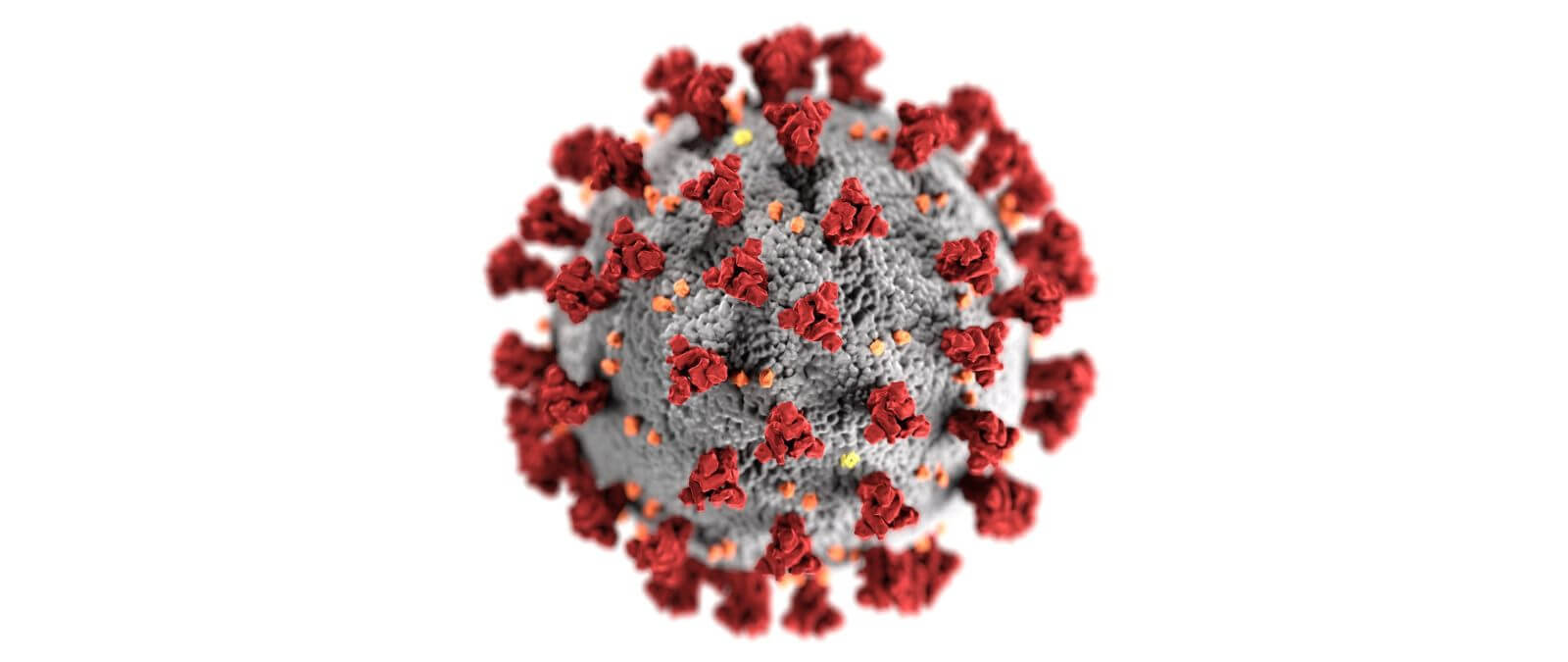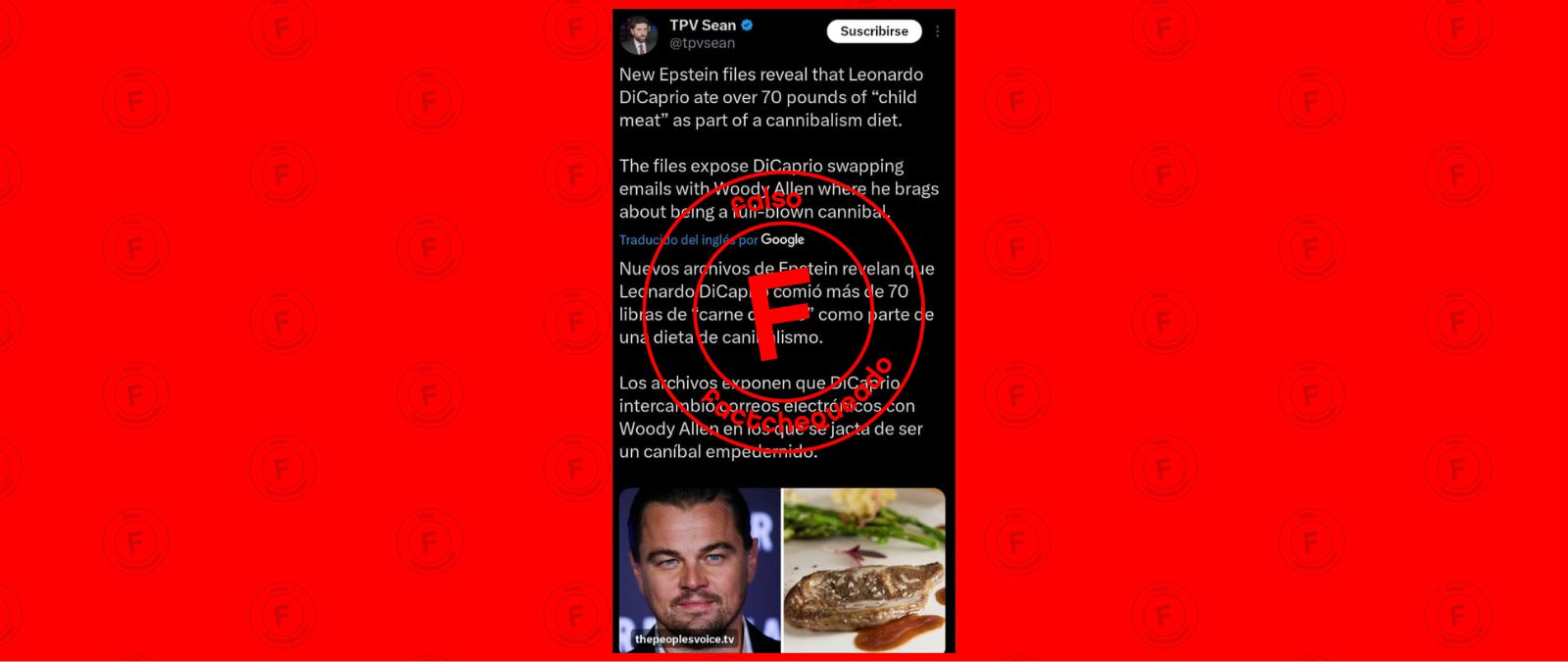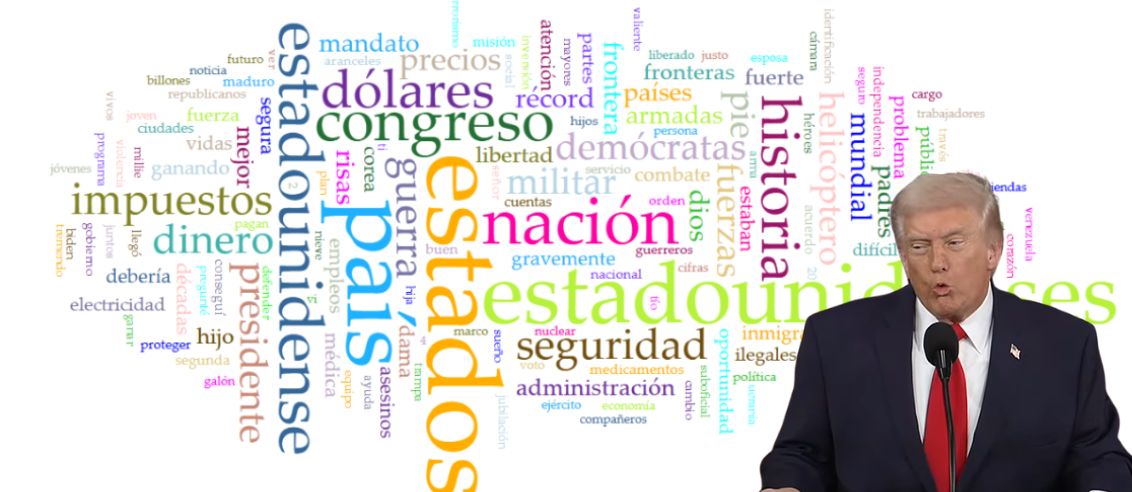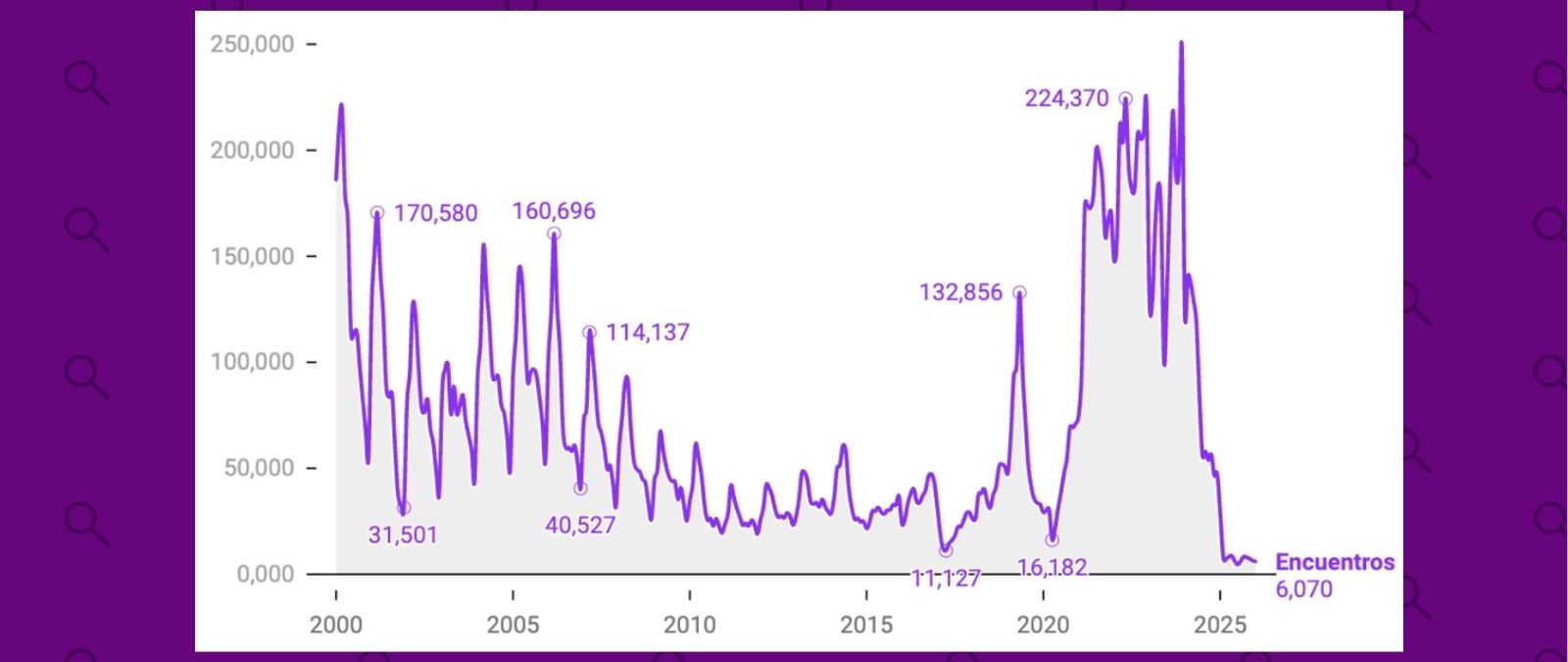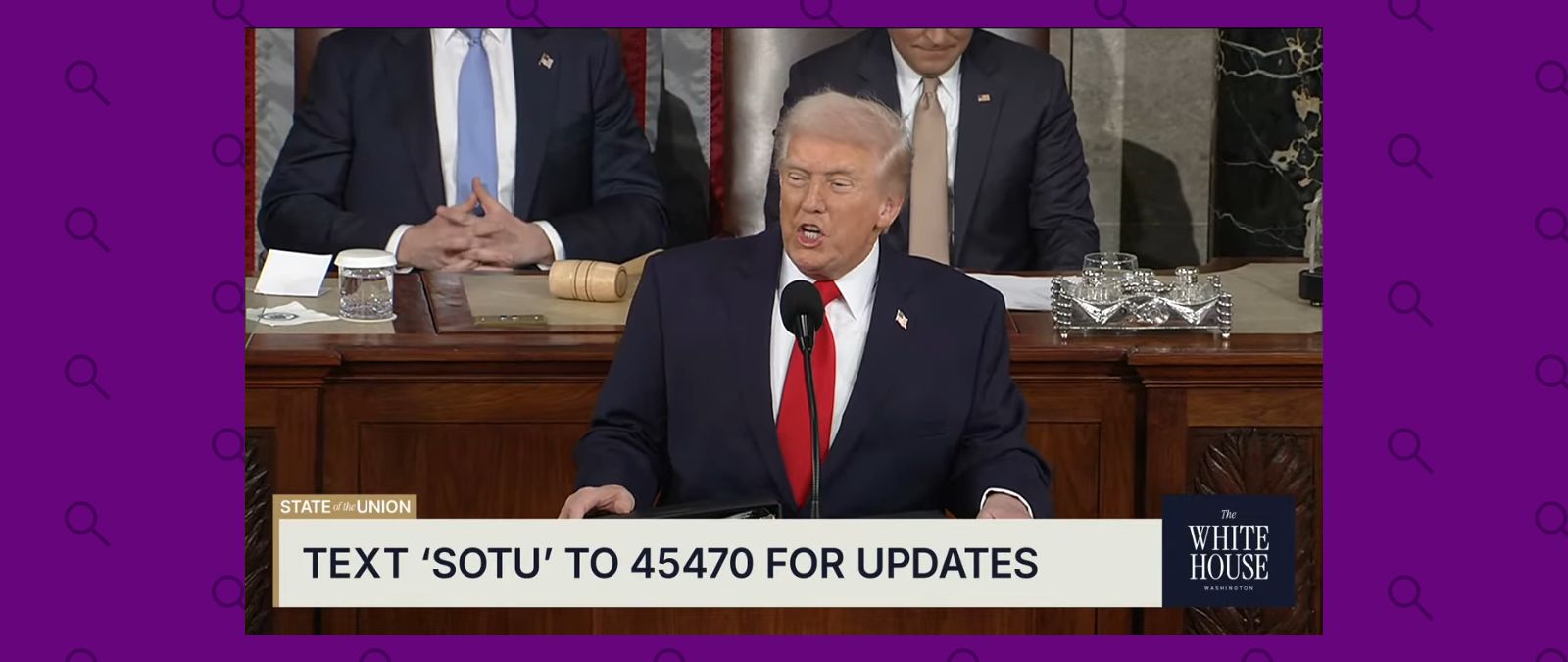The XBB.1.5 subvariant of COVID-19, nicknamed “Kraken” , was first identified in late October 2022 in New York . Since then, it has spread rapidly, accounting for 49.1% of new coronavirus infections in the United States as of the third week of January 2023, according to the Centers for Disease Control and Prevention (CDC). Although it spreads quickly, there is no evidence that it causes more severe symptoms than other variants. We will tell you what we know about it.
The spread of this subvariant is “impressively fast”
This subvariant can be considered a "great-grandchild of the omicron variant, " according to the Oregon Health Authority. Xuan Qin, Director of Clinical Microbiology and Professor of Pathology at Oregon Health and Science University (OHSU), explains that XBB.1.5 "is a perfect example of how the SARS-CoV-2 virus is able to adapt to selective pressure through mutations and recombinations with previous variants”.
“Although data on XBB.1.5 are still very limited, currently available information indicates that it has a growth advantage compared to other circulating omicron sublineages and may therefore contribute to an increase in cases globally ”, comments the World Health Organization (WHO).
In fact, some researchers believe that XBB.1.5 will become the dominant subvariant worldwide. "It is almost sure. We can't find a single competitor right now. Everything else is incomparable," says Yunlong Cao, an immunologist at Peking University (China), in an article published in the scientific journal Nature.
Between October 22, 2022, and January 11, 2023, 5,288 XBB.1.5 sequences were reported from 38 countries, according to the WHO. Most were from the United States (82.2%), the United Kingdom (8.1%), and Denmark (2.2%).
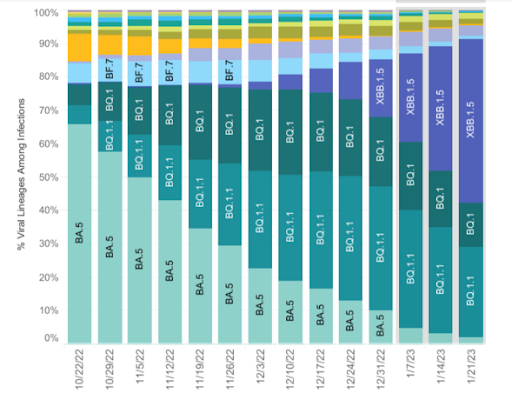
Moritz Gerstung, a computational biologist at the German Cancer Research Center, stresses that the spread of the XBB.1.5 variant in countries like the United States is “impressively fast”.
Although there are some estimates of the spread of this subvariant, Jennifer Surtees, a biochemist at the University at Buffalo in New York, believes that measuring the impact of XBB.1.5 could be difficult due to the drop in COVID-19 testing: “I think we are flying blind right now. We have no idea how many cases there really are."
There is no evidence that it is more severe than other variants
The impact that this variant will have in the United States is not yet clear. This is stated in the article published in Nature, which indicates that it may “not cause a large increase in infections or hospitalizations in many countries, thanks to the high immunity accumulated by exposure to previous waves of COVID-19 and vaccines, particularly boosters, for people at increased risk of severe infection.”
To date, there is no evidence that this subvariant causes more severe symptoms than the previous ones. This is explained by the WHO and the Oregon Health Authority, which insists that " staying up to date with your COVID-19 vaccines is still the best way to protect yourself from serious illness ."
There is no evidence that getting vaccinated makes you more susceptible to emerging variants.
The impact that this variant will have in the United States is not yet clear. This is stated in the article published in Nature, which indicates that it may “not cause a large increase in infections or hospitalizations in many countries, thanks to the high immunity accumulated by exposure to previous waves of COVID-19 and vaccines, particularly boosters for people at increased risk of severe infection.”
“Current bivalent COVID-19 vaccines are highly likely to provide at least some protection against the XBB, XBB.1, and XBB 1.5 variants,” the FDA states. In addition, he insists that "keeping up with vaccinations provides the best protection against severe COVID-19, which can lead to hospitalization or death."
Why new variants of the Coronavirus are likely to emerge
Viruses are constantly changing, and by mutating, they sometimes result in new variants. Bill Messer, Associate Professor of Molecular Microbiology, Immunology, and Medicine at the OHSU School of Medicine, notes that "this variant will not be the last we see. "
Both the CDC and the Oregon Health Authority expect new variants of SARS-CoV-2 to emerge. “We're going to have to figure out how we 'get' the new variants, just like we look at what the flu does each year: Are the changes big or small? Will the vaccine work? What else should I do to protect myself, my family, and my friends from getting seriously ill? It will be important to wear a mask, hand hygiene, cover your cough, stay home when you are sick, and get vaccinated, ”concludes Messer.
Factchequeado is a means of verification that builds a Spanish-speaking community to counter misinformation in the United States. Do you want to be a part? Join and verify the content you receive by sending it to our WhatsApp + 16468736087 or to factchequeado.com/whatsapp.


